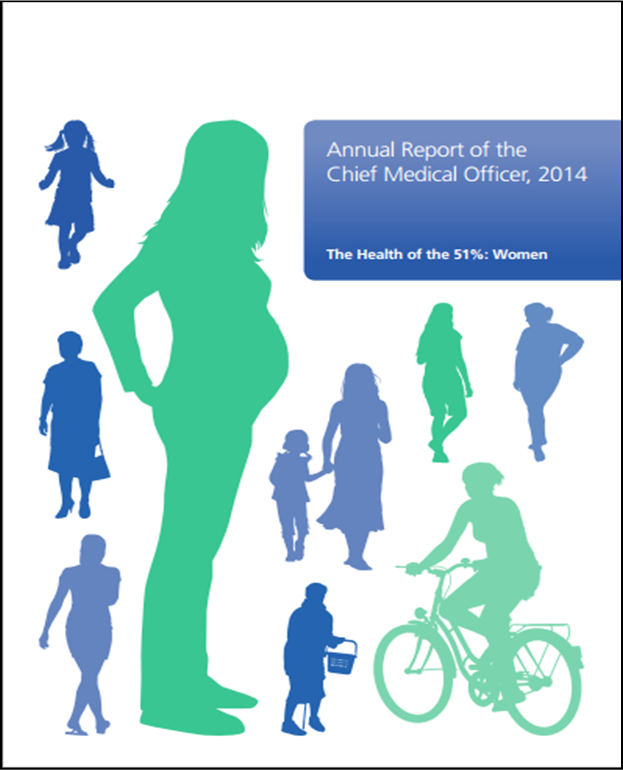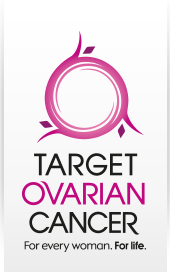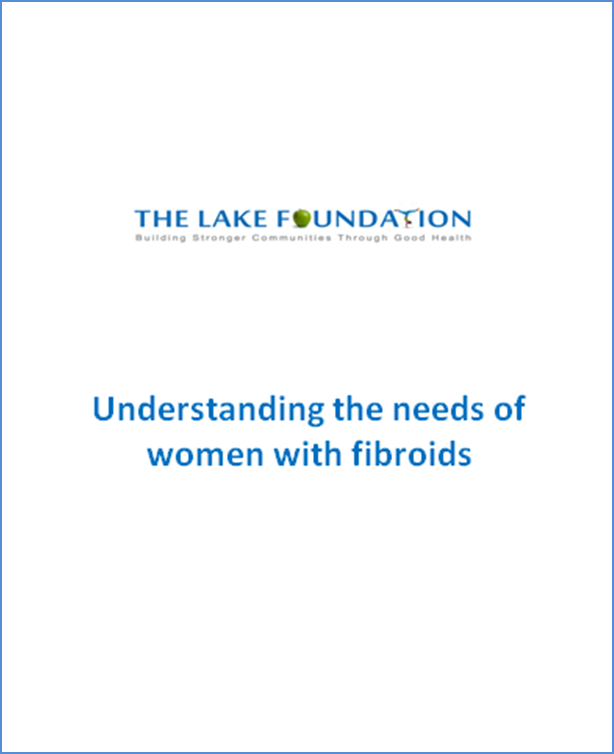Our thoughts on the Chief Medical Officer’s Annual Report
This week the UK’s Chief Medical Officer Prof Dame Sally Davies published her annual health report which focused on women’s health. We were very happy that the report had this focus as many of the health issues that affect women can often be ignored, not talked about or are felt to be too trivial to be of any importance to society. The report communicates this sentiment by stating that:
“Problems ‘below the waist’ are not generally seen as attractive topics for public or political discourse. Women are often reluctant to seek help for conditions that are common, disabling and taboo…”
The report covers a number of women’s health issues including gender-based violence, FGM, eating disorders, pre-conception health, prenatal screening, perinatal mental health, post-pregnancy care, menopause, incontinence, prolapse and women’s cancers. They make 18 recommendations on how to address the challenges associated with these issues and you can read about these here
We were disappointed to see that fibroids weren’t mentioned in this report despite fibroids being very common and having a significant effect on quality of life. It would have been very relevant for fibroids to be have been explored in a report on women’s health and we feel that this was a missed opportunity to explore the impact of fibroids and begin to develop a national strategy to support women.
The authors highlighted the fact that obesity tended to be a common theme in all of the health issues they explored and stressed that action is needed to prevent obesity. Therefore the report made the recommendation that the Government should include obesity in its national risk planning. This led to the many media headlines this week stating that “Obesity is the biggest threat to women’s health” and that “obesity is as dangerous as our terror threat”.
We were very happy that the Chief Medical Officer’s report focused on women’s health, a very important area and hope that her recommendations are taken forward to ensure that we improve the health and wellbeing of all women. We were disappointed that key issues such as fibroids were excluded from this report and we’ll continue our work in this area.
You can download her full report below.










 r.
r. g a way to bring manageable exercise into your life
g a way to bring manageable exercise into your life